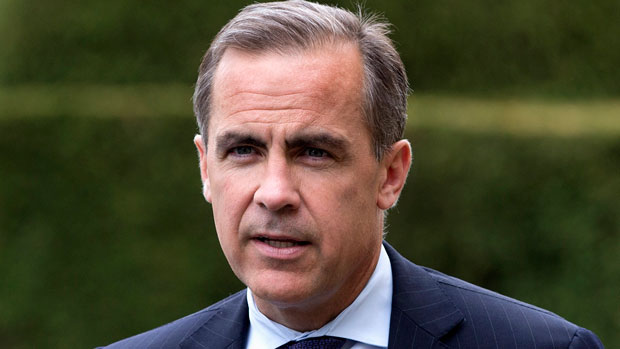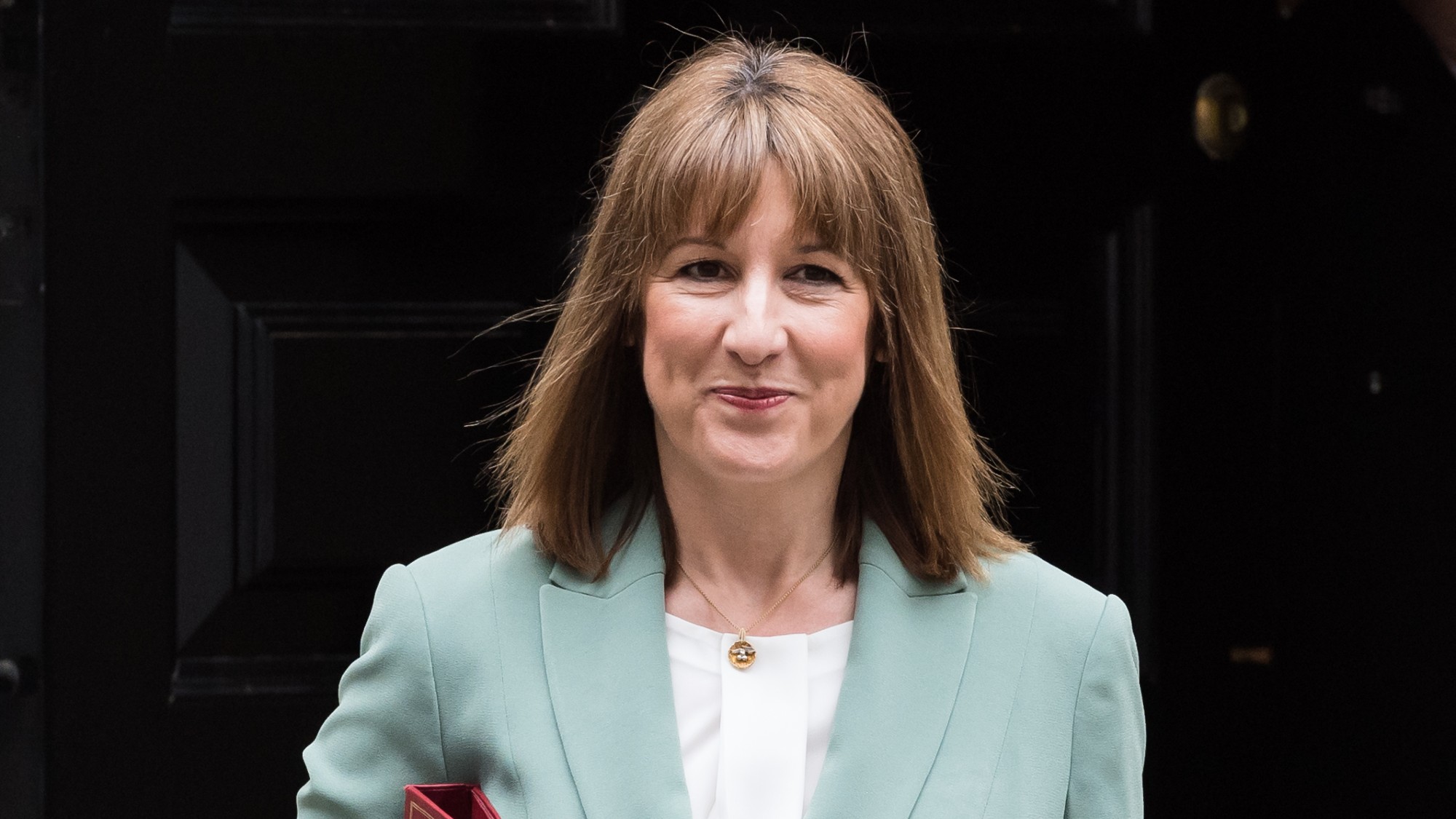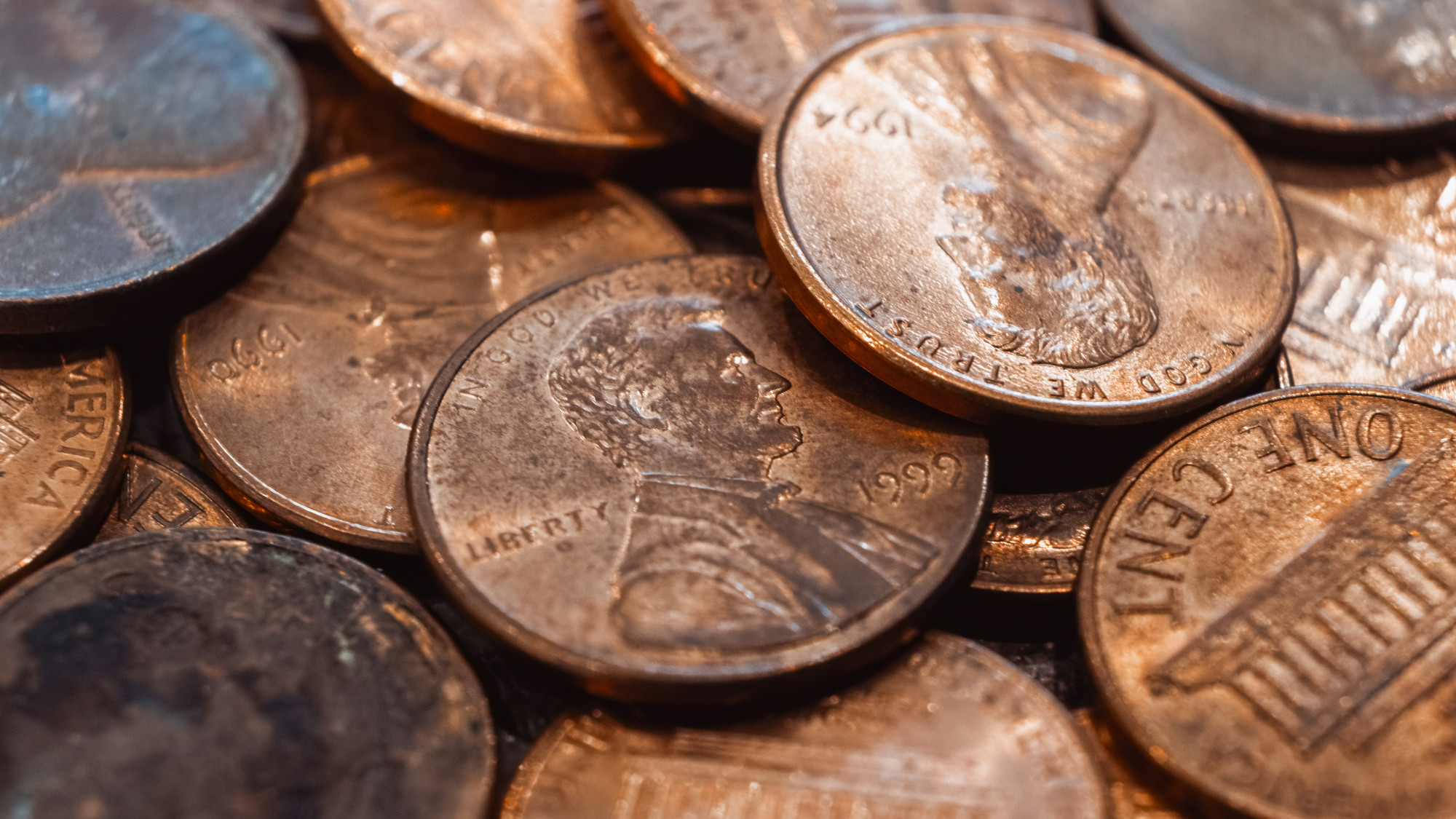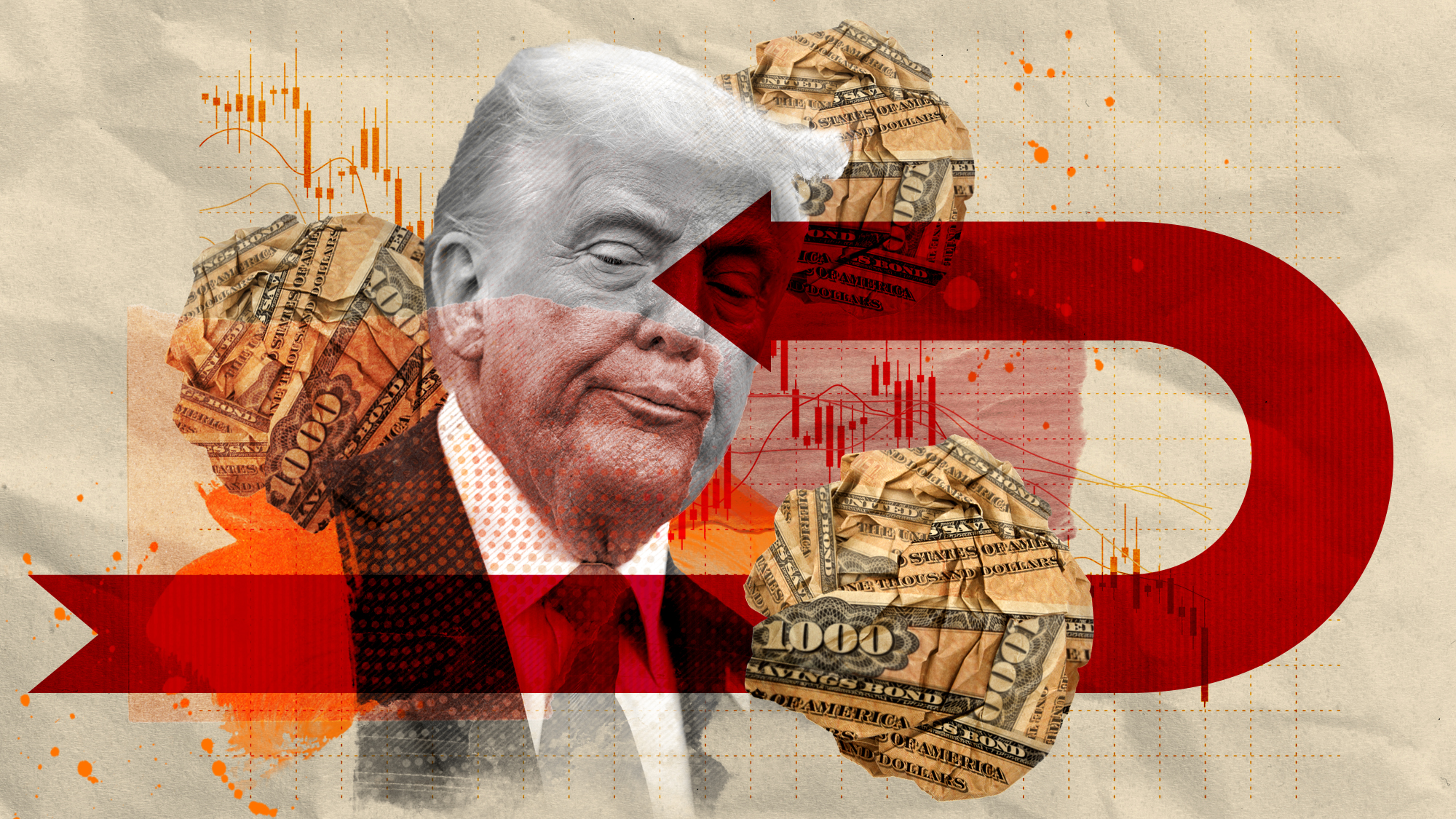Will new Bank of England chief Carney devalue pound?
World's biggest bond fund suggests Canadian may have no choice to help UK recover from recession

A free daily email with the biggest news stories of the day – and the best features from TheWeek.com
You are now subscribed
Your newsletter sign-up was successful
MARK CARNEY, the incoming governor of the Bank of England, will devalue the pound to help reverse the UK's sluggish growth, the world's biggest bond fund has predicted.
Mike Amey, head of sterling portfolios at Pimco, said Carney could attempt to depreciate sterling by as much as 15 per cent as he seeks to help British exporters tap into foreign demand, The Times notes. Such a move will help Britain to recover from its "worst recession in 50 years".
Speaking at a London briefing, Amey said that domestically-driven growth in Britain will be "relatively subdued" as the private sector continues to pay off its debts over the coming years, leaving Carney with just one option: "He is clearly not going to state this upfront, but he is going to try and keep sterling from going up, and probably he is going to want to see it go lower."
The Week
Escape your echo chamber. Get the facts behind the news, plus analysis from multiple perspectives.

Sign up for The Week's Free Newsletters
From our morning news briefing to a weekly Good News Newsletter, get the best of The Week delivered directly to your inbox.
From our morning news briefing to a weekly Good News Newsletter, get the best of The Week delivered directly to your inbox.
Between 2007-2009 sterling was devalued by 25 per cent – but the decline failed to deliver the boost in exports the Bank of England and Treasury had expected, partially due to the continued slump in the eurozone, on which Britain is heavily reliant for exports.
In mid-March the Bank's outgoing governor Sir Mervyn King tried to halt the decline, saying the Bank was "certainly not looking to push sterling down". But Amey said under Carney the pound could end up at its 2009 low of $1.37 against the dollar.
Canadian Carney, who takes over from King in July, recently said that of all the countries in the G7 only Canada does not need "to repair". He will be paid £800,000 a year in the hope he can have a similar effect on Britain's economy. He faces high expectations – as Reuters notes, the British press "have alluded to him as a sort of rock star".
A free daily email with the biggest news stories of the day – and the best features from TheWeek.com
-
 Antonia Romeo and Whitehall’s women problem
Antonia Romeo and Whitehall’s women problemThe Explainer Before her appointment as cabinet secretary, commentators said hostile briefings and vetting concerns were evidence of ‘sexist, misogynistic culture’ in No. 10
-
 Local elections 2026: where are they and who is expected to win?
Local elections 2026: where are they and who is expected to win?The Explainer Labour is braced for heavy losses and U-turn on postponing some council elections hasn’t helped the party’s prospects
-
 6 of the world’s most accessible destinations
6 of the world’s most accessible destinationsThe Week Recommends Experience all of Berlin, Singapore and Sydney
-
 The end for central bank independence?
The end for central bank independence?The Explainer Trump’s war on the US Federal Reserve comes at a moment of global weakening in central bank authority
-
 US mints final penny after 232-year run
US mints final penny after 232-year runSpeed Read Production of the one-cent coin has ended
-
 Should Labour break manifesto pledge and raise taxes?
Should Labour break manifesto pledge and raise taxes?Today's Big Question There are ‘powerful’ fiscal arguments for an income tax rise but it could mean ‘game over’ for the government
-
 What are stablecoins, and why is the government so interested in them?
What are stablecoins, and why is the government so interested in them?The Explainer With the government backing calls for the regulation of certain cryptocurrencies, are stablecoins the future?
-
 Is Rachel Reeves going soft on non-doms?
Is Rachel Reeves going soft on non-doms?Today's Big Question Chancellor is reportedly considering reversing controversial 40% inheritance tax on global assets of non-doms, after allegations of 'exodus' of rich people
-
 Pocket change: The demise of the penny
Pocket change: The demise of the pennyFeature The penny is being phased out as the Treasury plans to halt production by 2026
-
 How the US bond market works – and why it matters
How the US bond market works – and why it mattersThe Explainer Donald Trump was forced to U-turn on tariffs after being 'spooked' by rise in Treasury yields
-
 US Treasuries were a safe haven for investors. What changed?
US Treasuries were a safe haven for investors. What changed?Today's Big Question Doubts about America's fiscal competence after 'Liberation Day'